AI’s Predictions for the Next Big Breakthroughs in Healthcare!
In the dynamic landscape of healthcare, predicting the next big breakthroughs is like forecasting the weather in a tempest. Yet, as technology bounds forward, so does our ability to glimpse into the future of medicine. From personalized drug “mixtapes” to tiny robots delivering medicine, the upcoming transformations might sound more sci-fi than reality.
Intriguingly, these predictions weren’t dreamt up by a team of experts over endless cups of coffee; they were formulated by an advanced artificial intelligence. Dive in as we explore these AI-forecasted trends and the potentially revolutionary impact they could have on our well-being.
1. Personalized Medicine:
- Advances in genomics and genetic testing will allow for treatments tailored to individual patients, optimizing the effectiveness of drugs and reducing side effects. Soon, you won’t just have your own personalized playlist, but also your very own drug mixtape!

2. Regenerative Medicine:
- Breakthroughs in stem cell research and tissue engineering will lead to the ability to grow organs for transplantation, reducing or even eliminating the need for organ donors and reducing rejection rates. Lost a liver from living too large? No worries, we’re growing you a new one!

3. Artificial Intelligence in Diagnostics:
- AI models will become increasingly adept at diagnosing diseases from medical imagery, outpacing human accuracy in many cases. This will especially revolutionize early disease detection, from cancers to neurological disorders. Who needs a crystal ball when AI can predict your health’s future from a simple scan?
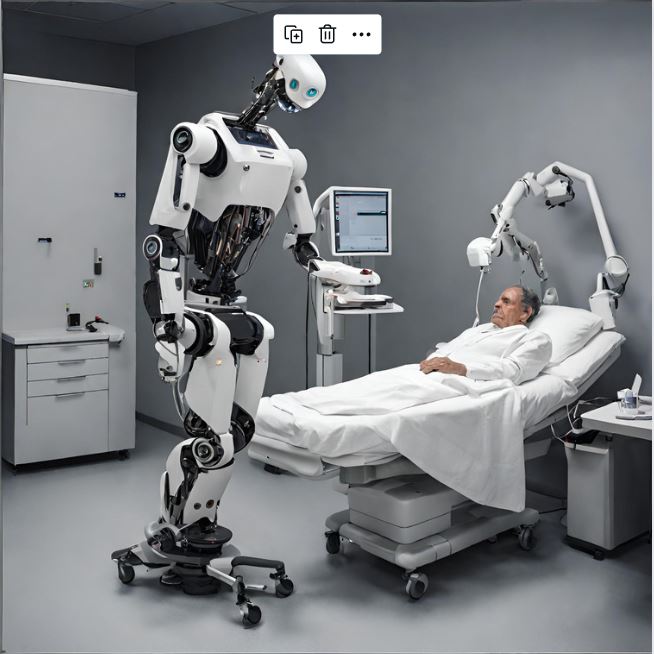
4. Telemedicine and Remote Patient Monitoring:
- The pandemic accelerated the adoption of telemedicine, and we’ll likely see innovations that not only allow for remote consultations but also remote monitoring using wearable technologies. This will allow for real-time feedback and timely interventions. Doctors are now just a click away. Say goodbye to waiting rooms and hello to your living room!
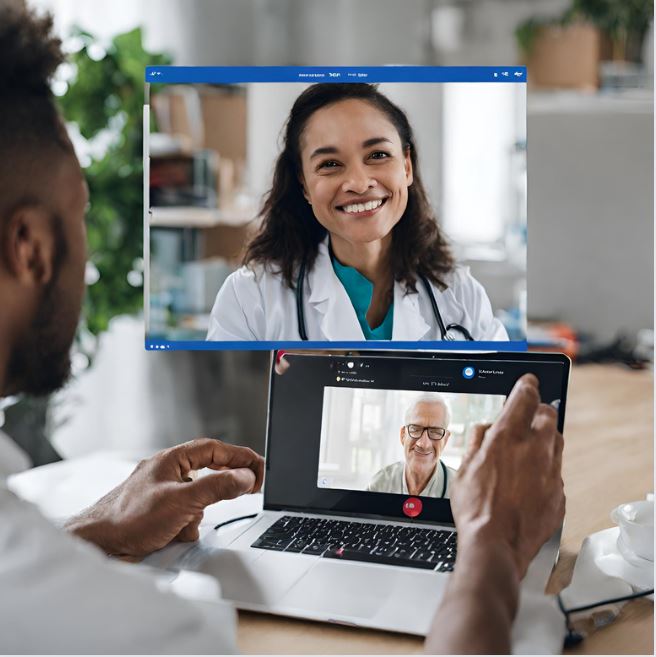
5. Neurological Implants and Interfaces:
- Brain-computer interfaces (BCIs) and advanced neurological implants may provide breakthroughs in treating neurological diseases and conditions like Parkinson’s, epilepsy, and even paralysis. Lost your car keys again? Don’t worry; soon there might be a brain app for that!
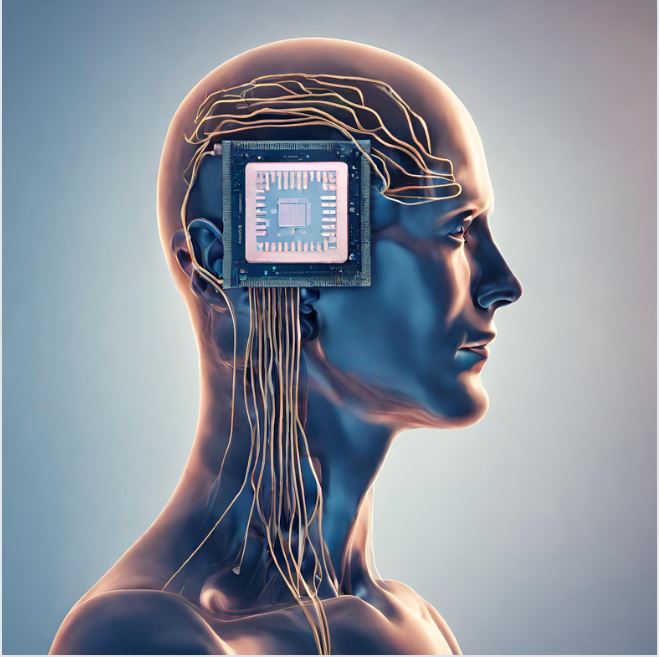
6. CRISPR and Gene Editing:
- Therapies using CRISPR-Cas9 and other gene-editing technologies will become more refined, allowing for the targeted treatment and possible cure of genetic disorders. Editing genes? It’s like using spellcheck, but for your DNA!
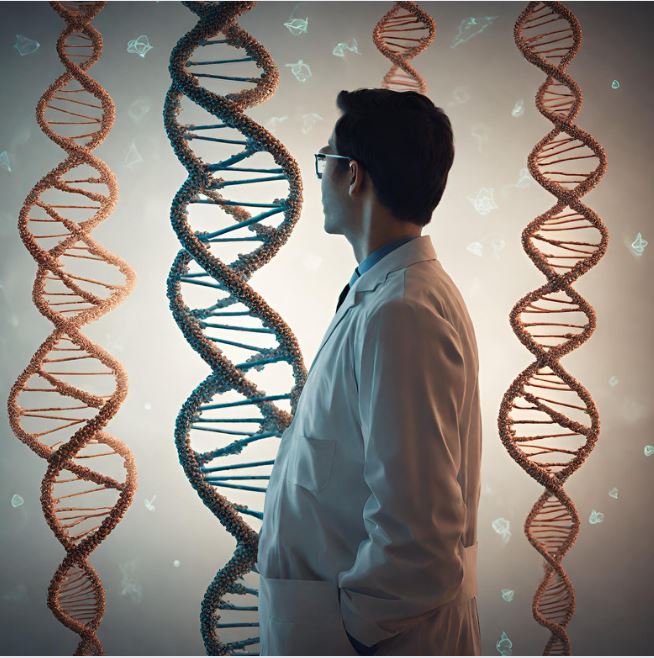
7. Nanomedicine:
- The use of nanoparticles for targeted drug delivery, cancer treatment, and imaging will see more widespread adoption. This can lead to therapies that are more effective and have fewer side effects. Tiny robots delivering your medicine – it’s not science fiction, it’s nanomedicine! (Batteries not included.)
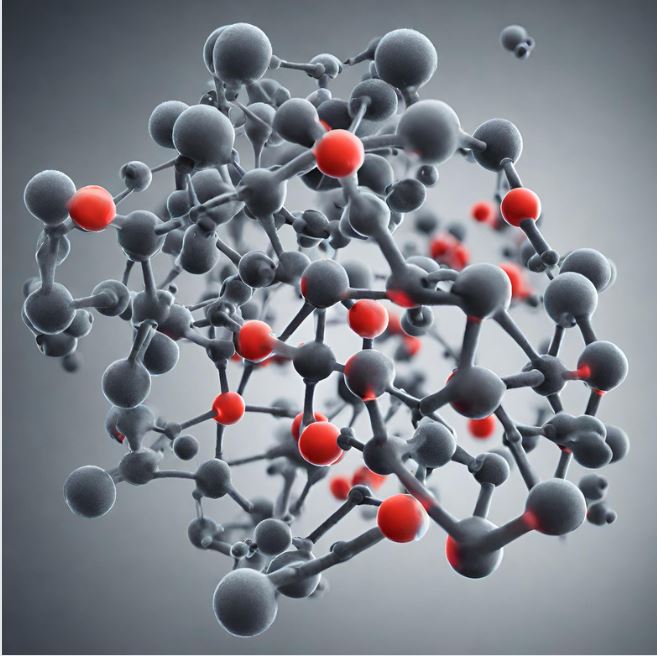
8. Mental Health Technologies:
- With growing awareness of mental health issues, there will be an increase in digital therapies, apps, and even AI-driven interventions to support mental well-being. This includes tools for early detection, intervention, and support for conditions like depression, anxiety, and PTSD. There’s an app for your heartbreak, your Monday blues, and even for when you’ve watched too many sad movies.
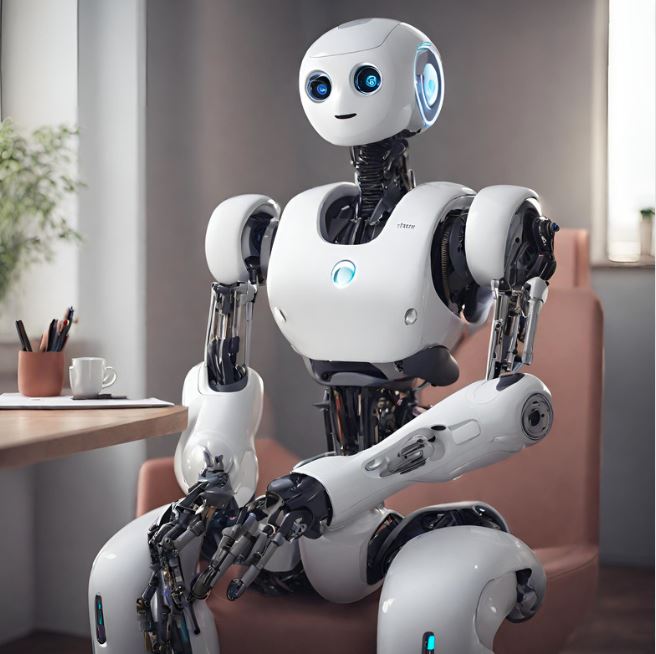
As we stand on the precipice of these potential healthcare revolutions, it’s exhilarating to imagine a world where medicine is more personalized, effective, and accessible. The insights offered by artificial intelligence serve as a beacon, guiding us towards a healthier and more informed future. While no one can predict with absolute certainty, leaning on AI’s analytical prowess provides an exciting glimpse into the possibilities ahead.
Want more AI predictions? Check out a list of an AI’s predictions of the next big breakthroughs in society!
If you want to continue learning about AI breakthroughs in healthcare, check out our articles about how AI is enhancing patient support and how virtual clinics are evolving healthcare!
